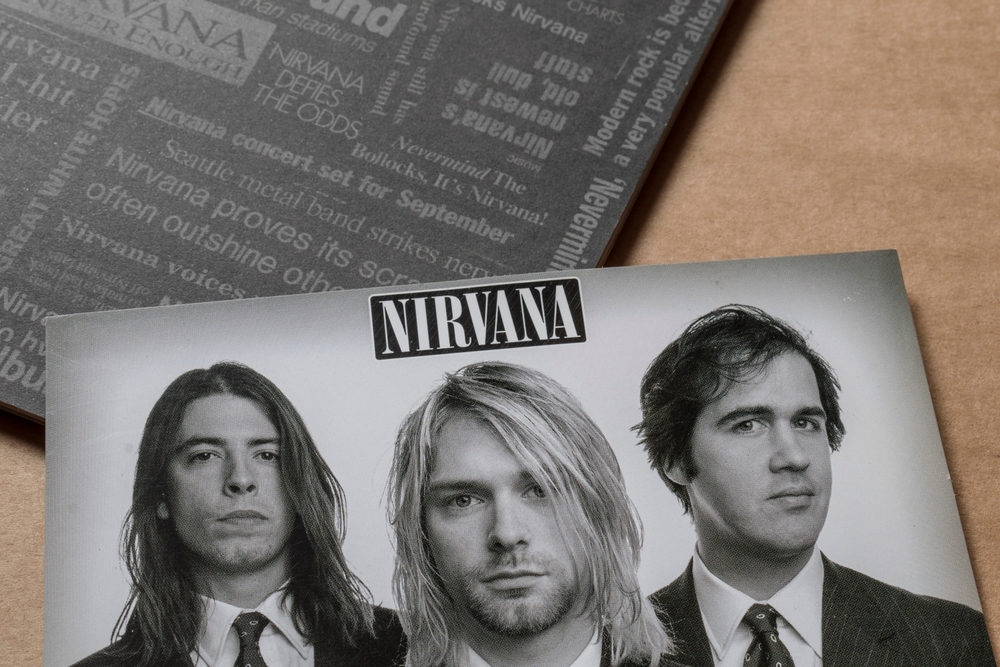The Spirit of the ’90s: What Made Nirvana Truly Iconic
Others are reading now
The Spirit of the ’90s: What Made Nirvana Truly Iconic
From Seattle to the spotlight
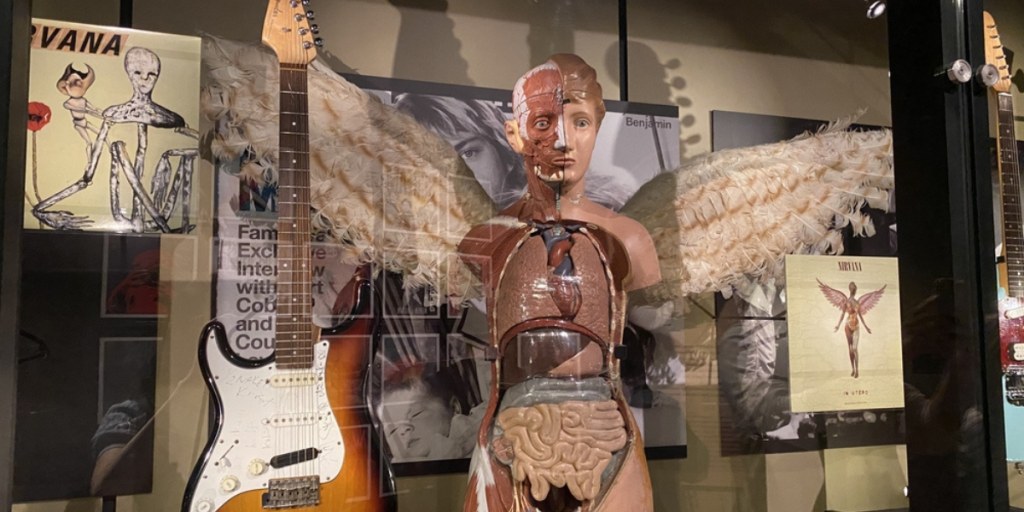
Nirvana’s rise in the early ’90s marked a cultural shift. Formed in the rainy backstreets of Washington State, they captured a generation’s disillusionment and reshaped rock music.
Led by Kurt Cobain, the band’s explosive success came quickly—and ended just as fast. But their impact? Unforgettable.
1.The band’s first beat came from another grunge legend

Before Dave Grohl’s drumming became iconic, Nirvana’s earliest recordings featured Dale Crover of the Melvins.
Also read
As detailed by the website Music in Minnesota, Crover stepped in after Kurt Cobain and Krist Novoselic began collaborating in 1985, helping shape their raw early sound on demo tapes.
2.Activism Amplified
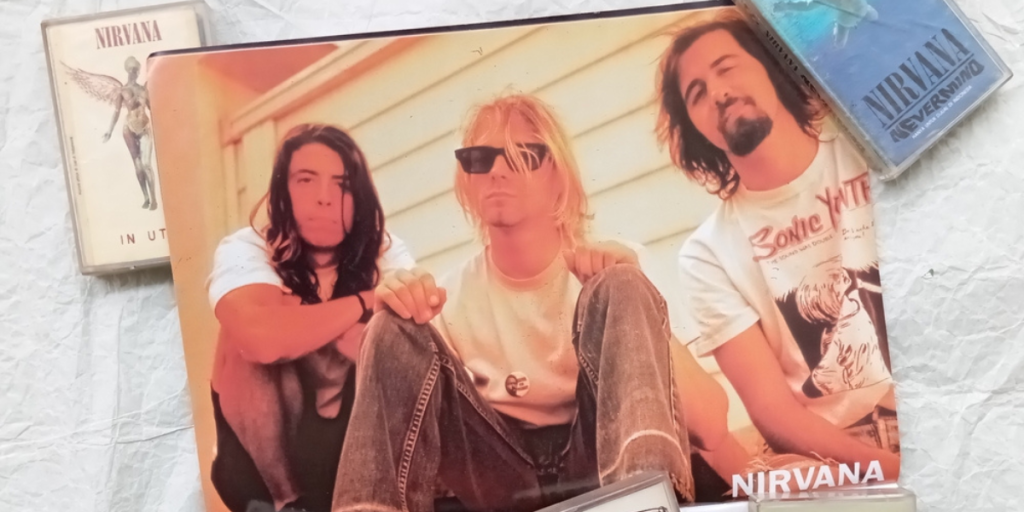
In an era when many bands stayed silent, Nirvana stood loud against injustice. Music in Minnesota notes that the band regularly condemned racism, sexism, and homophobia in interviews, helping set a new tone for what rock musicians could stand for beyond their sound.
3. A Name with Intention

The band wasn’t always “Nirvana.” According to Music in Minnesota, early names included Pen Cap Chew and Ted Ed Fred.
But Cobain eventually chose “Nirvana” to reflect something “beautiful or nice”—a stark contrast to the rawness of their music, and part of their now-iconic identity.
4.Low Budget, Loud Impact

As Music in Minnesota reports, their debut album Bleach was recorded in under 30 hours for just $606.17.
Also read
That small budget didn’t stop the record from leaving a massive footprint on the underground scene and paving the way for their mainstream breakthrough.
5. DJ Cobain
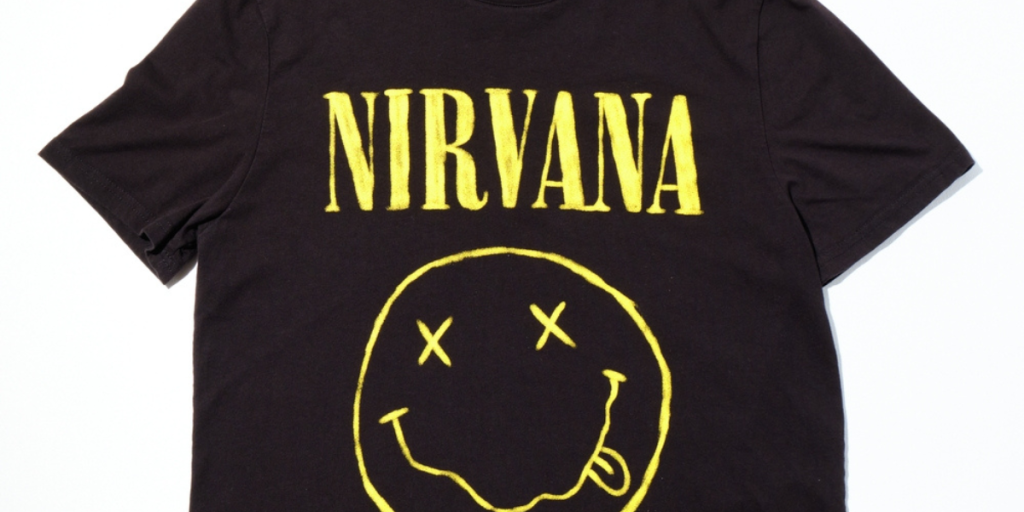
In a humble moment of rock history, Music in Minnesota recounts how Cobain requested Nirvana’s first single, “Love Buzz,” on the radio after dropping it off at KCMU.
The band wasn’t famous yet—but Cobain was already eager to hear their music hit the airwaves.
6. A title too dark for release

Before settling on the now-iconic title In Utero, Nirvana originally planned to call their third and final studio album “I Hate Myself and Want to …”, according to Music in Minnesota.
Though the name reflected Kurt Cobain’s dark humor, it was ultimately deemed too grim for release.
Also read
The Sound Beyond the Singles
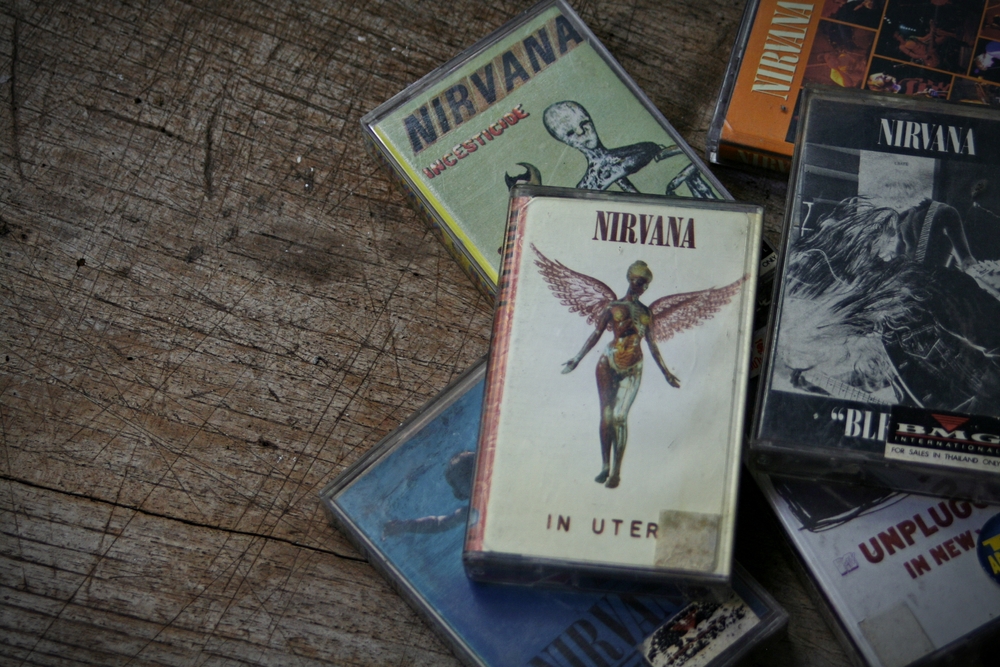
Albums like Nevermind gave us hits like “Lithium” and “Come As You Are.” But fans who dig deeper discover gems like “Sappy” and “Verse Chorus Verse”
Still Loud, Still Relevant

Nirvana’s music remains a refuge and a rebellion. Whether it’s Cobain’s anguished vocals or their stripped-down MTV Unplugged set, their sound still resonates—offering both a time capsule and a mirror for today’s youth.
Legacy of a Lightning Bolt
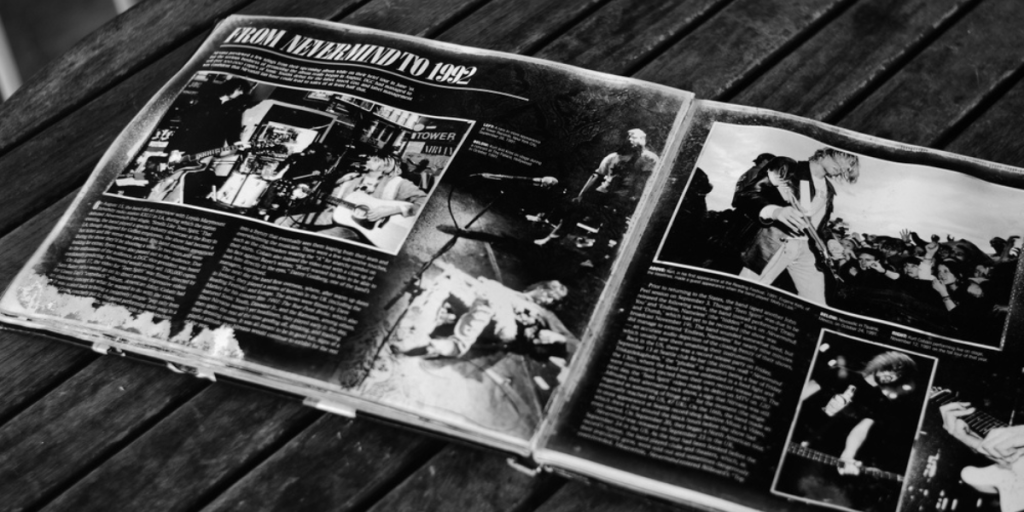
In just under a decade, Nirvana reshaped alternative music and left behind a legacy that refuses to fade. From garage tapes to global tours, their influence spans generations—and continues to inspire new artists seeking something real.

